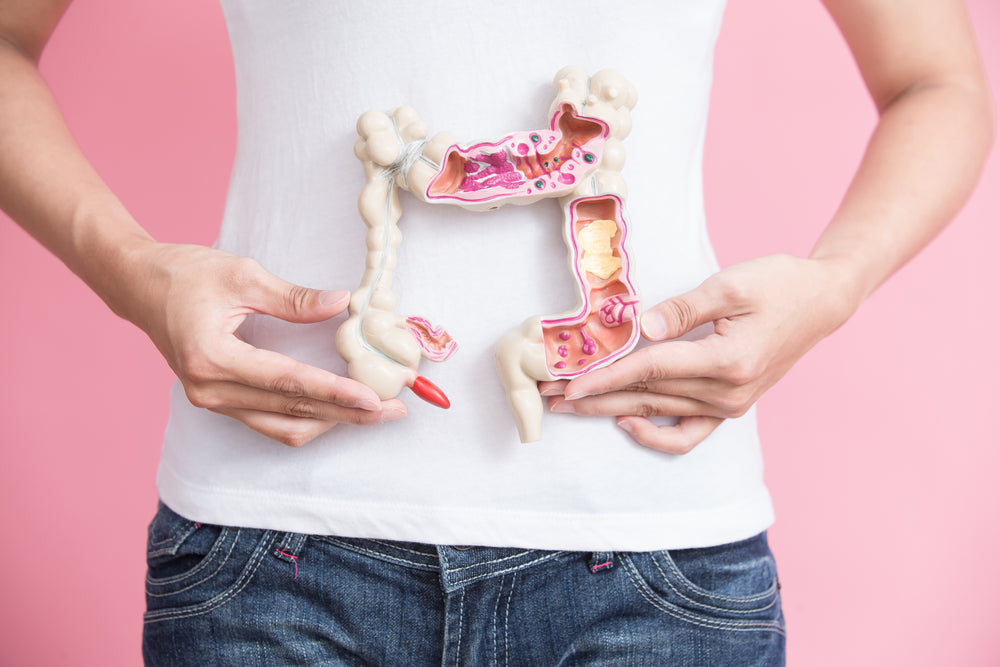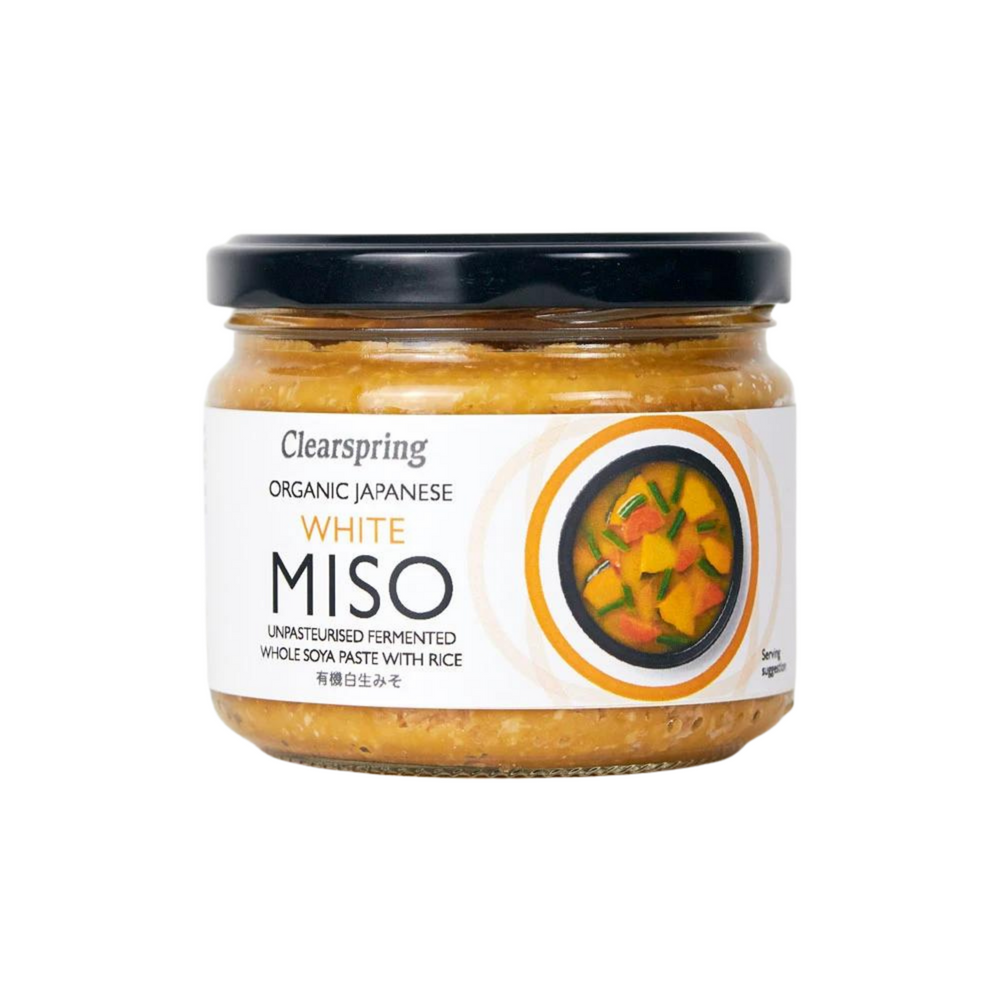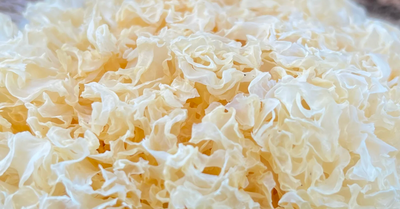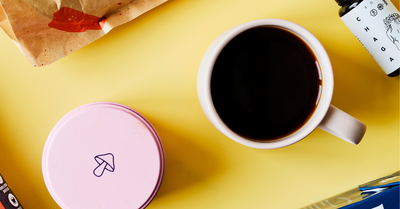
5 Tips To Boost Gut Health

5 Tips To Boost Gut Health
5 Tips To Boost Gut Health
The buzz around gut health seems to be increasingly confusing, whether you are told to “drink this juice” or “take that supplement”, is any of this really helping us? Despite the confusion, when it comes to boosting gut health, often stripping it back to the basics is key!
What does gut health actually refer to?
Gut health encompasses everything involved in the digestion and absorption of foods and their nutrients. It means we are free-from gastrointestinal disorders and have a thriving intestinal microbiome (healthy gut bacteria) that is able to support our immune function and overall wellbeing. A healthy gut, particularly a healthy microbiome, influences our mood, skin, heart, lungs and weight management. Pretty much every aspect of our health is influenced by the gut - it’s incredibly powerful!
Our top 5 tips for helping your gut thrive
- Variety, variety, variety
Aiming for 30 different plant foods a week is one of the best ways to support a healthy and happy gut. The term plant foods includes every plant wholefood, such as seeds, nuts, fruits, vegetables, legumes, whole grains and so on. Our gut microbiome loves a varied diet, and essentially the more diverse your diet, the more diverse your microbiome is. Try out a different wholegrain in your next shop, play around with new recipes and vary your diet!
- Probiotics - boost your gut bugs
These can come in the form of fermented foods, foods with added live cultures and probiotic supplements. Our gut is colonised with bacteria from birth however various factors alter our microbiome profile, including medication, stress, a lack of diversity in the diet, highly processed foods and a high sugar diet. To help increase your friendly gut bugs we need to include beneficial bacteria into diet and supplement regimes. Live bacteria can be found in:
- Fermented foods such as sauerkraut, kimchi, miso, kombucha and tempeh,
- Foods with added live cultures, such as live greek yoghurt and coconut yoghurt, and
- Probiotic supplements in capsule, liquid or powder form.
- Prebiotics - feed your gut bugs
While probiotics introduce new bacteria to the gut, prebiotics feed them and help them thrive in their new home. A prebiotic is a type of fibre that remains undigested until it reaches the large intestine and is broken down by beneficial bacteria. When these prebiotics break down they produce energy for our large intestine to function optimally. Where you can find prebiotics: You can include prebiotics in you daily routine with:
- prebiotic supplements typically containing fructooligosaccharides (FOS), galactooligosaccharides (GOS), and inulin, or
- prebiotic foods such as jerusalem artichoke, onions, garlic and cabbage.
- Soothe your lining
It’s one thing looking after our gut bacteria but we need to look after it’s home too, the gut lining. The gut is lined with cells that ensure only particles we want (e.g. nutrients) are passed through the gut lining into the bloodstream, and prevent any unwanted compounds (e.g. toxins, pathogenic bacteria or undigested food) from passing through. In some instances this lining can become compromised, sometimes referred to as leaky gut, allowing the bad stuff to pass through and wreak havoc in the body. Therefore it’s important we provide the right nutrients to ensure regular repair and strengthening of the gastrointestinal lining, these include:
- Collagen as it provides the amino acids needed to rebuild and strengthen the gut lining. Found in bone broth and marine and bovine supplements.
- Omega-3 fatty acids to encourage growth of healthy bacteria that maintain a resilient gut lining.
- Stress management
The powerful link between the gut and the brain should not be forgotten. These two areas have a bidirectional relationship, a stressed mind leads to poor gut health just as poor gut health influences our mood. Notice how when you are nervous or stressed you often feel a difference in your digestion, perhaps diarrhoea or constipation and sometimes excessive bloating. Well, unfortunately we can feed ourselves with the best diet but unless we are also focusing on stress management activities we will always be facing an uphill battle with regards to digestive upset and symptoms of poor gut health. Learning which stress management techniques work for you is vital, some methods we recommend are:
- Breathing exercises - inhale for 4 seconds, hold for 7 seconds, exhale for 8 seconds. Repeat this exercise for at least 10 rounds.
- Relaxing baths with epsom salts - add some magnesium-rich epsom salts to your next bath as magnesium can be beneficial for both physical and mental relaxation.
- Aromatherapy with essential oils - diffusing essential oils such as lavender and clary sage can create a calming environment to aid relaxation.










